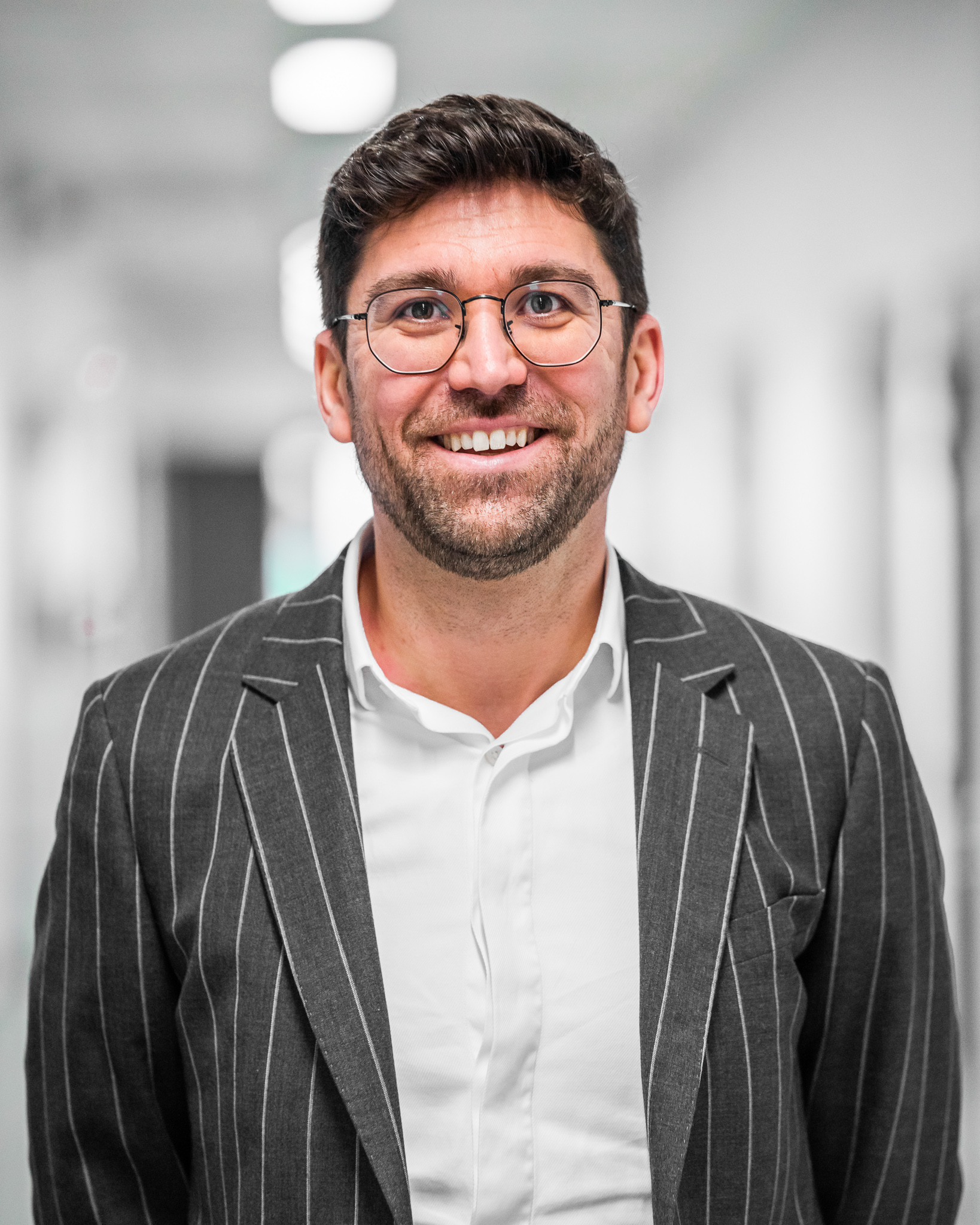Tom Breugelmans started his career as an assistant in 2004 at Artesis Hogeschool Antwerp and obtained a PhD in engineering science from the Vrije Universiteit Brussel (VUB) in 2010 on electrochemical impedance spectroscopy. He is currently a full professor at the University of Antwerp. He is currently a full professor at the University of Antwerp. He is spokesperson of the research group ELCAT (Applied Electrochemistry and Catalysis), which he founded in 2013 and has since grown and currently employs about 40 people. Currently, he is author of more than 100 peer-reviewed A1 publications and (co-)promotor of multiple national and international research projects, some of which as the lead promotor. Since September 2020 he also assumes the mandate of dean of the Faculty of Applied Engineering.
Tom is an internationally recognized expert in electrochemical reactor engineering suitable for industrial applications. He is determined to electrify the industry in a green and sustainable way to ultimately leave behind traditional, typically polluting, chemical processes. The main interests of Tom on which his research focuses are related to our key activities via the development of state-of-the art electrochemical reactors and catalysts, with a view towards large-scale industrial development in the field of industrial electrification. At the moment, he is recognized in the field of electrochemistry mainly in the areas of CO2 electroreduction and water splitting and evolution. In 2023 he was awarded an ERC consolidator Grant to continue his work on CO2 electrolysis with as aim to revolutionize the reactor design by building it up from scratch.
Tom is an internationally recognized expert in electrochemical reactor engineering suitable for industrial applications. He is determined to electrify the industry in a green and sustainable way to ultimately leave behind traditional, typically polluting, chemical processes. The main interests of Tom on which his research focuses are related to our key activities via the development of state-of-the art electrochemical reactors and catalysts, with a view towards large-scale industrial development in the field of industrial electrification. At the moment, he is recognized in the field of electrochemistry mainly in the areas of CO2 electroreduction and water splitting and evolution. In 2023 he was awarded an ERC consolidator Grant to continue his work on CO2 electrolysis with as aim to revolutionize the reactor design by building it up from scratch.



